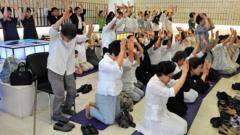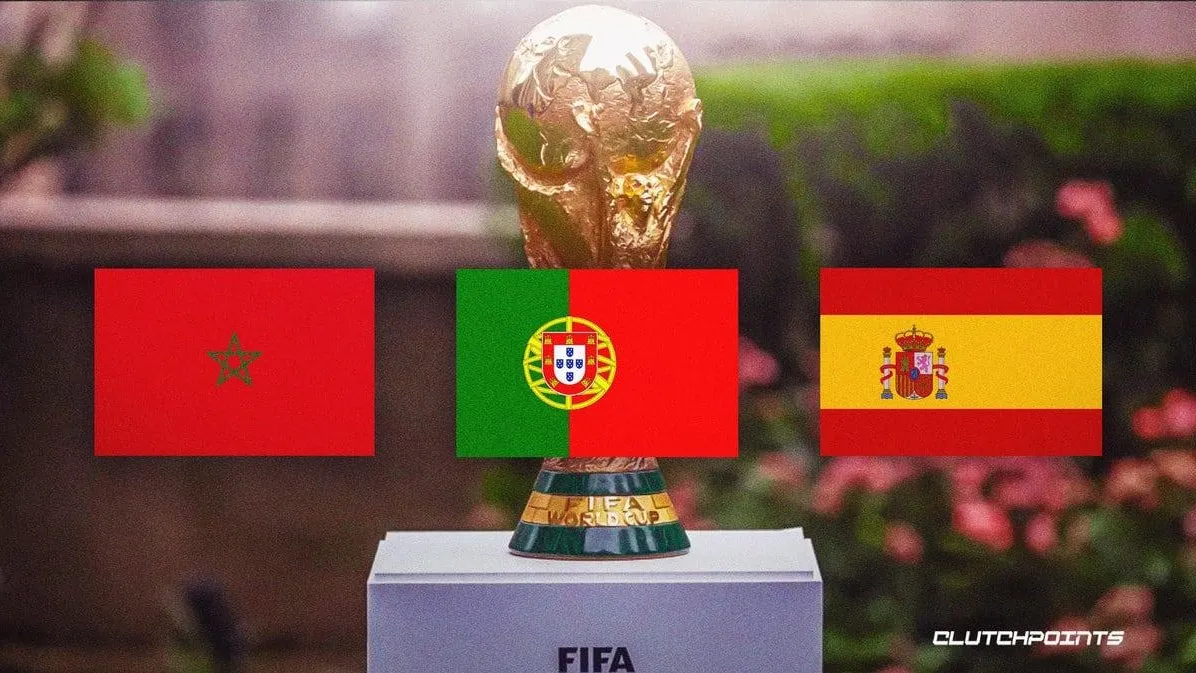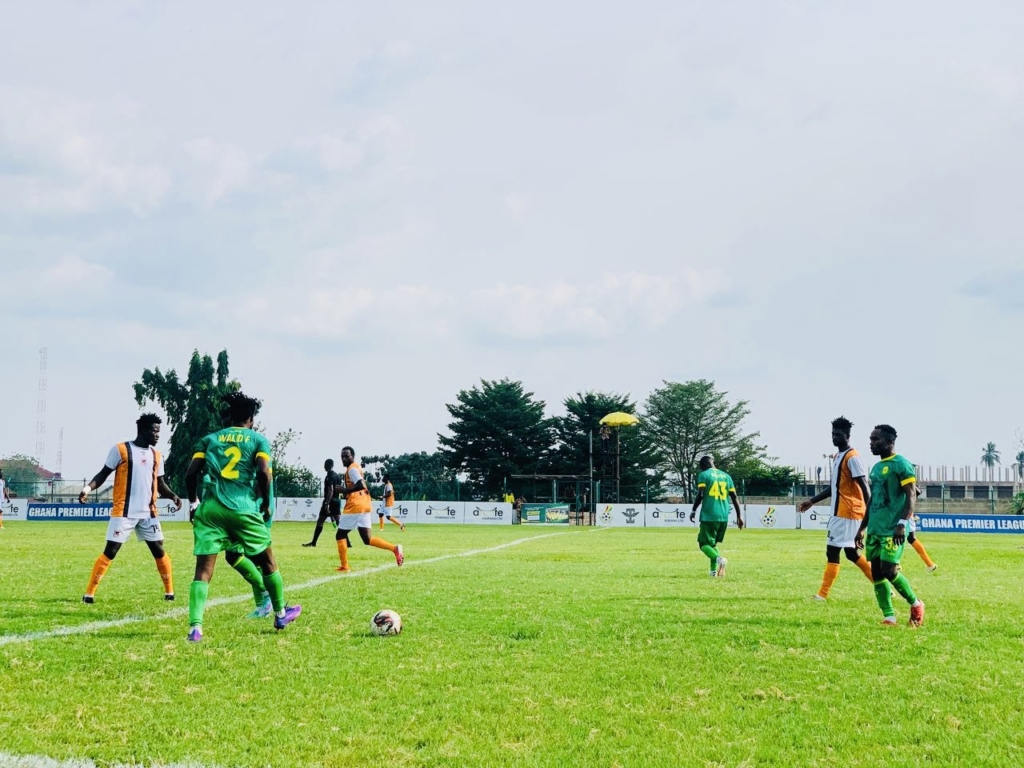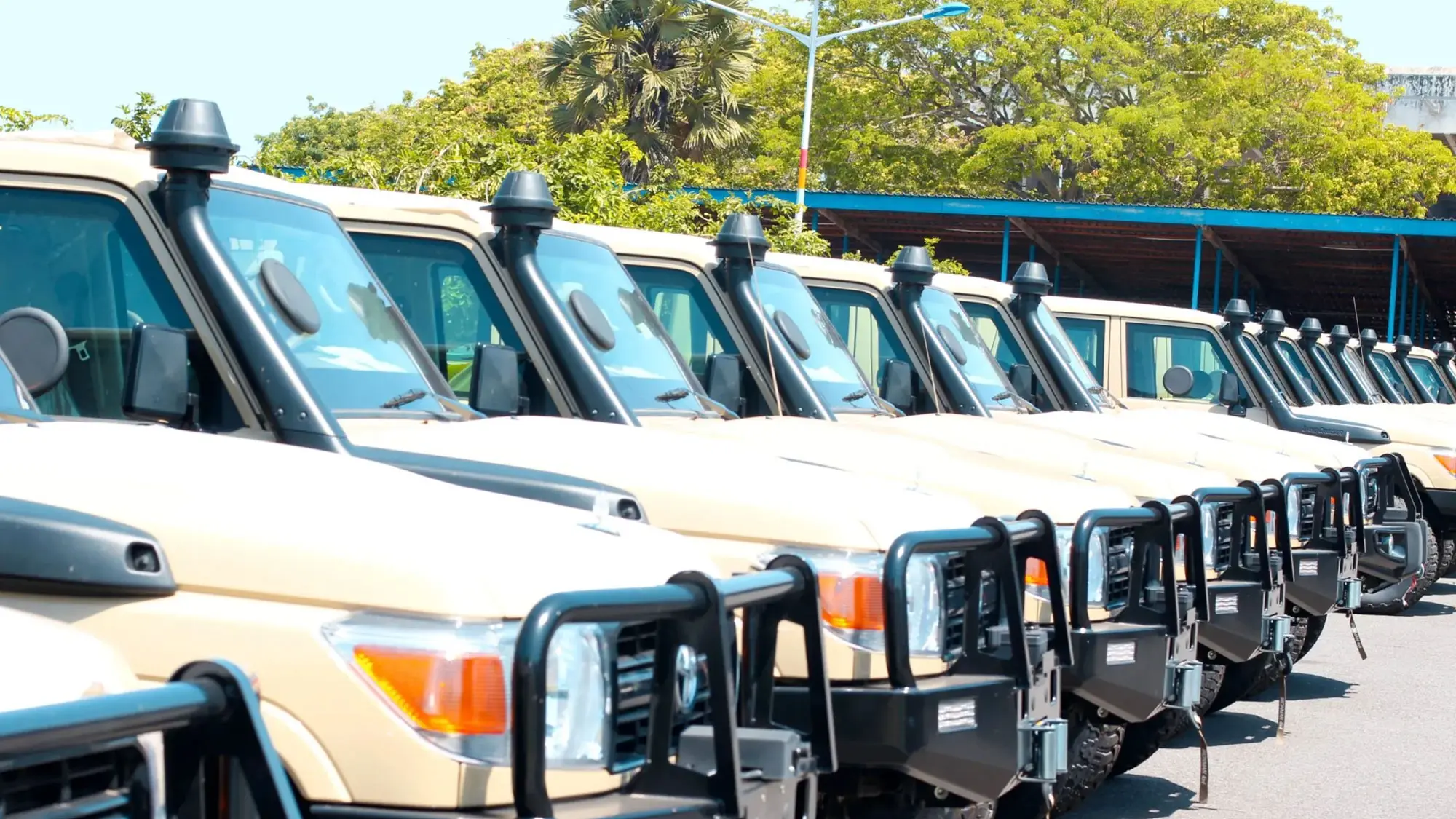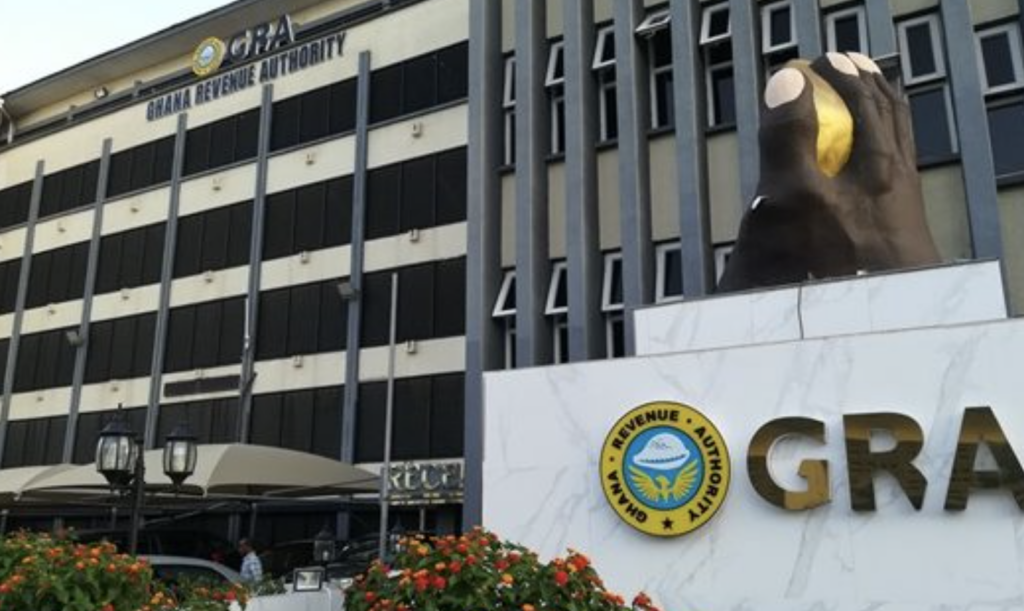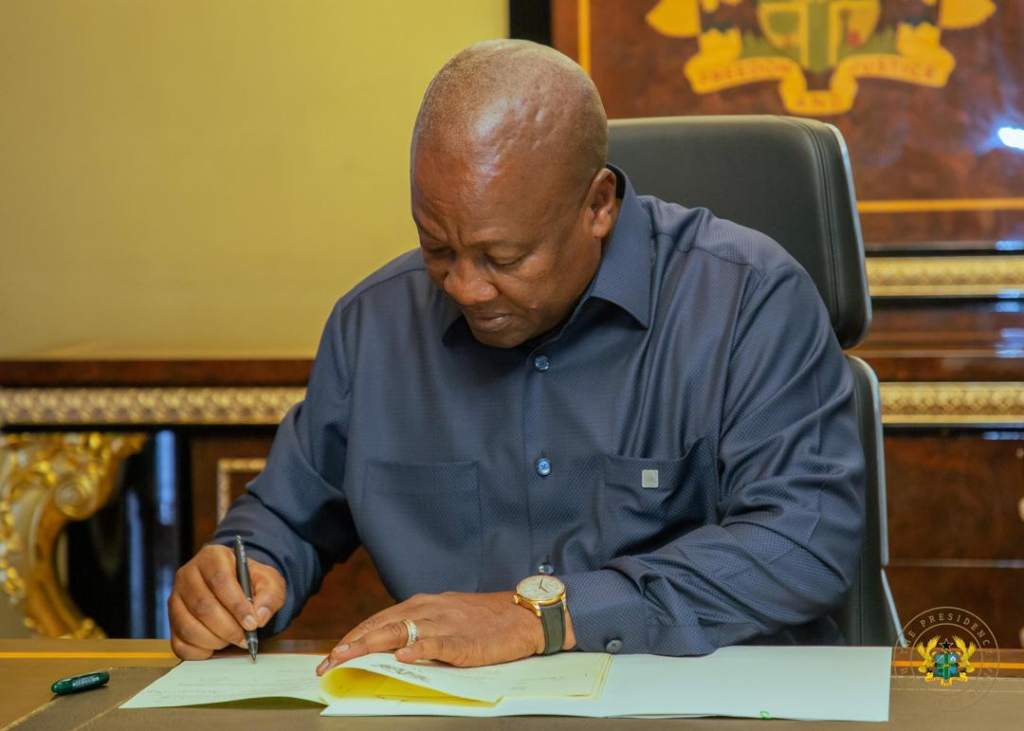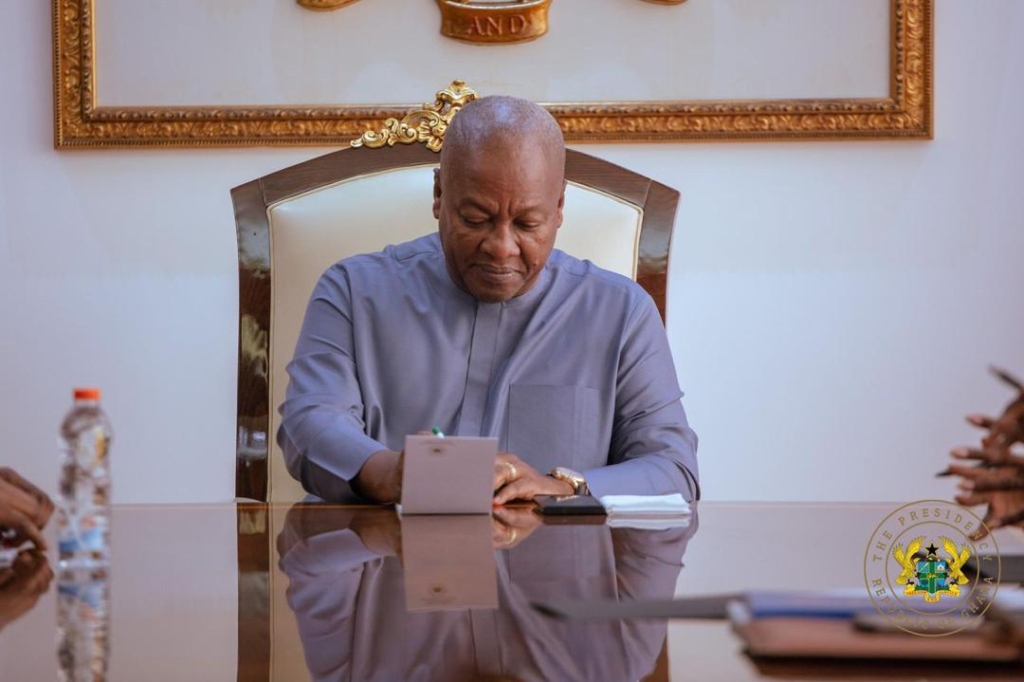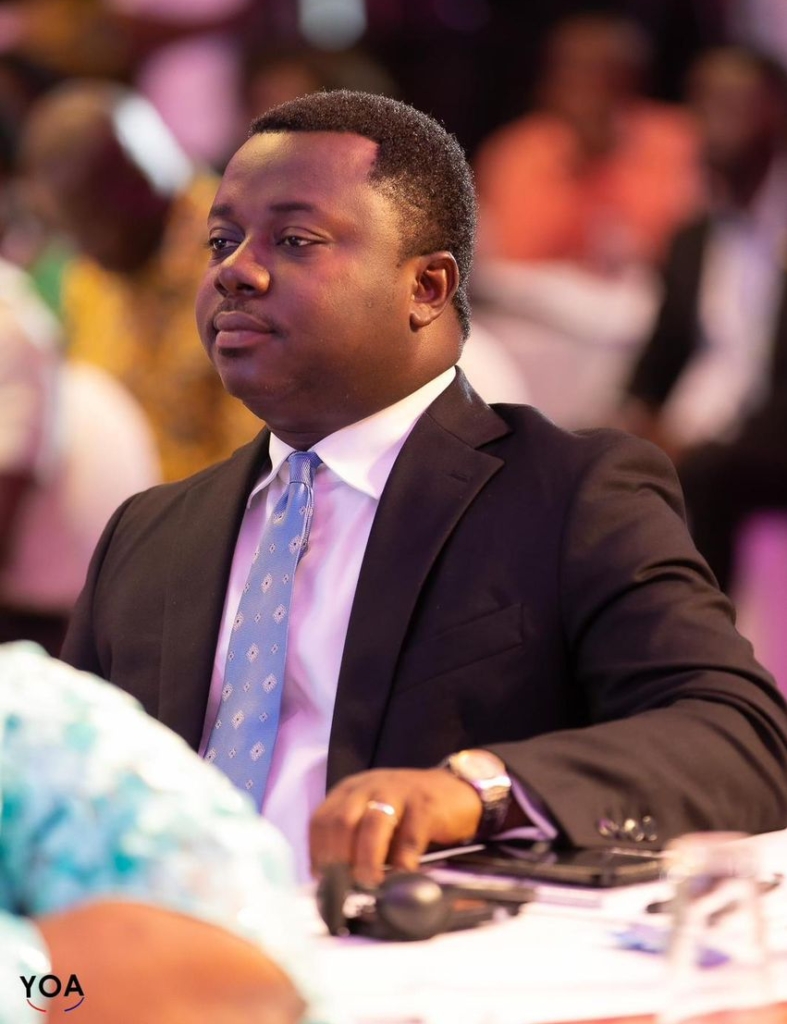The Presidents of Morocco, Portugal and Spain’s Football Associations met in Rabat today to sign a letter confirming their interest to bid for the FIFA World Cup 2030 and share their vision of the tournament with the world.
With the bidding process now officially launched by FIFA, the three FA Presidents met in person to confirm their interest to bid – the first step on FIFA’s bidding process timeline – and celebrate this official milestone together.
Fouzi Lekjaa, President of the Royal Moroccan Football Federation, Fernando Gomes, President of the Portuguese Football Federation and Pedro Rocha, President of the Royal Spanish Football Federation, shared their vision of a tournament that further enhances the legacy of the FIFA World Cup, grows football, and makes an impact across the world.
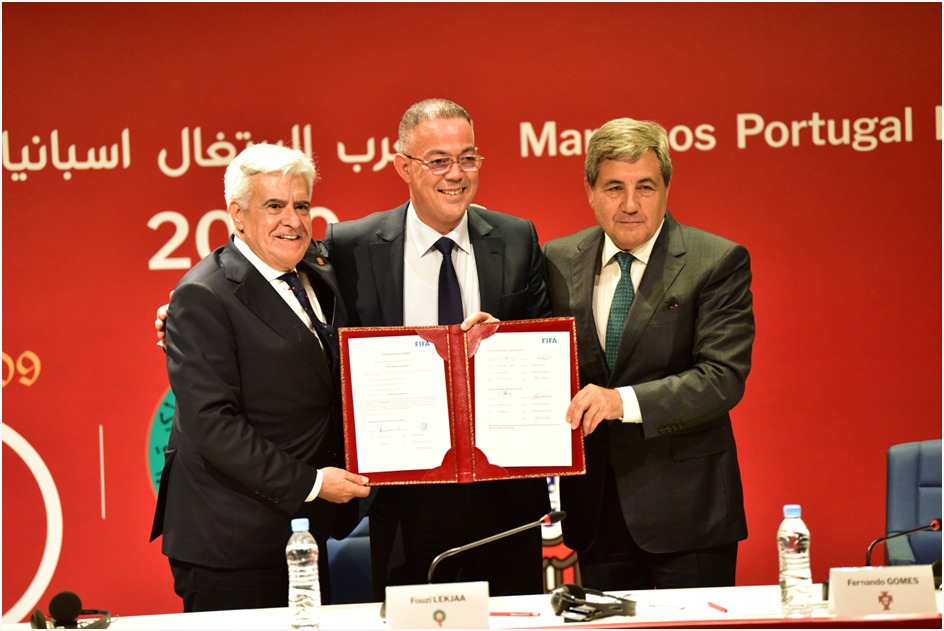
100 years after the first FIFA World Cup, the three countries want to leverage their unique football heritage, vibrant traditions and thousand years of intertwined cultures and shared history to deliver an inclusive, innovative, and sustainable tournament, in a true spirit of celebration. To achieve this, the 2030 World Cup would be organised as a compact, accessible, and fan-focused tournament, which would benefit the whole football ecosystem.
The FIFA World Cup 2030 in Morocco, Portugal and Spain would be the first men’s World Cup hosted across two continents, and will be focused on strengthening ties between Europe, Africa and the rest of the world. The cross-continent World Cup would, therefore, be the opportunity to showcase football’s diversity, to foster collaboration between nations and leave a strong social legacy in the three countries, but also around the world.
Fouzi Lekjaa, President of the Royal Moroccan Football Federation, highlighted the historical aspects of the joint bid of the two continents, three countries bid for the FIFA World Cup 2030:
“It is a World Cup that will help us further unite our common civilizations established more than ten centuries ago. The three countries share a common history, a common present, and are looking forward towards a common future. All of this demonstrates, from both shores of the Mediterranean, that collective success is possible and that prosperity can have a shared and collective perspective.”
Fernando Gomes, the President of the Portuguese Football Federation, emphasized the ambition that organizing the 2030 FIFA World Cup represents and pointed to the mark the three countries want to leave:
“This is a historic moment because it officially begins our process with FIFA to be able to organize the FIFA World Cup in 2030. This is great occasion for us, and highly symbolic given it will be the centenary of the first ever edition of the tournament. But 2030 will be much more than the celebration of the past! Due to the ambition and competence of our three Federations, we believe this tournament will mark a paradigm shift in how major events are delivered in the future. That is our ambition!”
Pedro Rocha, the President of the Royal Spanish Football Federation stressed the unique opportunity for collaboration among different football federations, countries, and people:
“This candidacy is a message of hope and unity because this World Cup will be a demonstration of uniting cultures, and the promotion of inclusion, diversity, and respect. It will be a World Cup with a significant social legacy that will remain in Morocco, Portugal, Spain – and around the world. We have a common project that will create excitement everywhere. Let’s make this dream come true!”
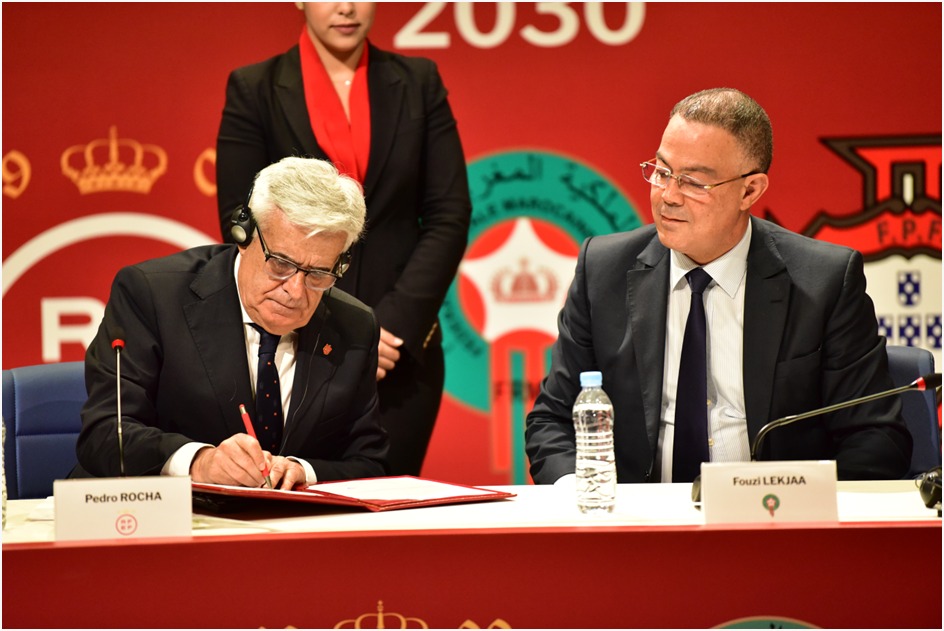
Regarding stadiums in the three countries to be included in the final bid, the three Presidents agreed that it is too premature at this stage to make any decisions on this, as the studies and assessment work of technical teams is ongoing.
The next step in FIFA’s bidding process for World Cup 2030 is for the three Federations to submit the bidding Agreements to FIFA at the end of November 2023.

